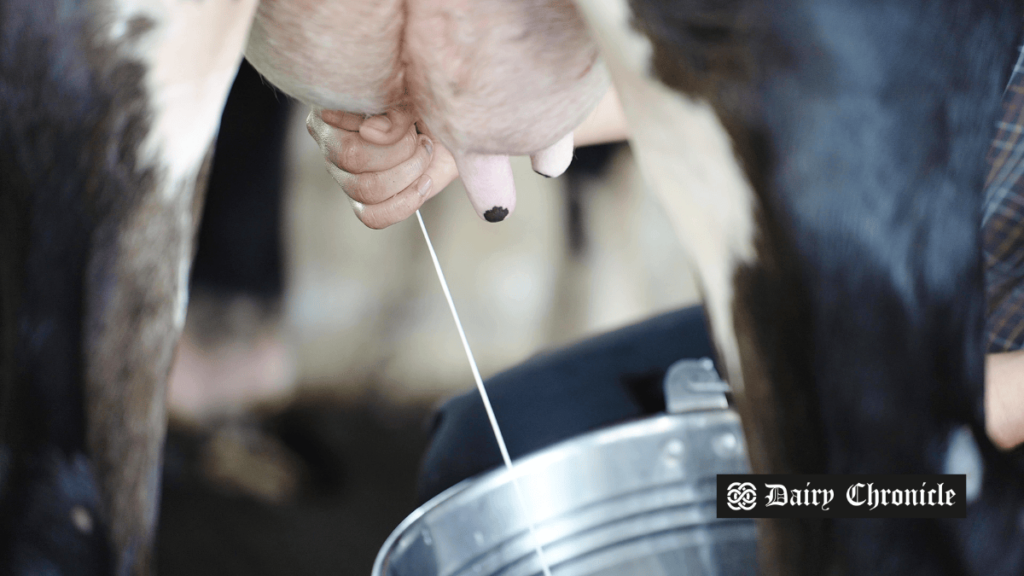The United States is pushing for greater market access in India’s agricultural and dairy sectors as part of the upcoming bilateral trade agreement (BTA). The US is also seeking the removal of price controls on medical devices and ethanol import restrictions, arguing that India’s high tariffs create unfair trade conditions. Meanwhile, Indian negotiators emphasize the need for tariff reductions on labor-intensive exports like textiles and leather. The agreement is expected to be finalized within eight months.
The United States is pushing for greater access to India’s agriculture and dairy markets as part of the proposed Bilateral Trade Agreement (BTA), which both nations aim to finalize within the next eight months. The US is also demanding the removal of price controls on medical devices and easing ethanol import restrictions, citing concerns over high Indian tariffs.
According to Business Standard, the US Trade Representative (USTR) has highlighted key trade barriers in its 2024 National Trade Estimate Report on Foreign Trade Barriers. The report points out that India imposes an average Most Favored Nation (MFN) tariff of 39% on agricultural goods, compared to just 5% in the US. Additionally, the US has raised concerns over India’s 100% tariff on American motorcycles, while the US imposes only a 2.4% tariff on Indian motorcycles.
A senior official from India’s Ministry of Commerce and Industry (MOCI) stated that India should negotiate lower US tariffs on labor-intensive exports such as textiles, leather, and gems and jewelry, reducing current rates of 5-7% to zero. This demand is seen as India’s counter to Washington’s push for concessions in agriculture and dairy imports.
US Calls for Eased Ethanol Restrictions
One of the primary points of contention is India’s strict regulations on ethanol imports. The Directorate General of Foreign Trade (DGFT) currently restricts ethanol imports for non-fuel use to “actual users” and requires special import licenses. The USTR report criticizes this policy, arguing that it limits US ethanol exports, despite India’s ambitious ethanol-blending targets.
The White House also released a statement highlighting what it calls “unfair trade practices” by India’s restrictive policies. The statement noted that the US tariff on ethanol is just 2.5%, while Brazil charges 18% on American ethanol imports. It argued that such disparities in global trade lead to an uneven playing field for American exporters.
What This Means for India-US Trade Relations
While the US is advocating for tariff reductions on its agricultural, dairy, and ethanol exports, India is expected to demand more access for its labor-intensive industries in the American market. With trade negotiations set to intensify in the coming months, both nations are balancing economic priorities with political considerations ahead of the finalization of the BTA agreement.
